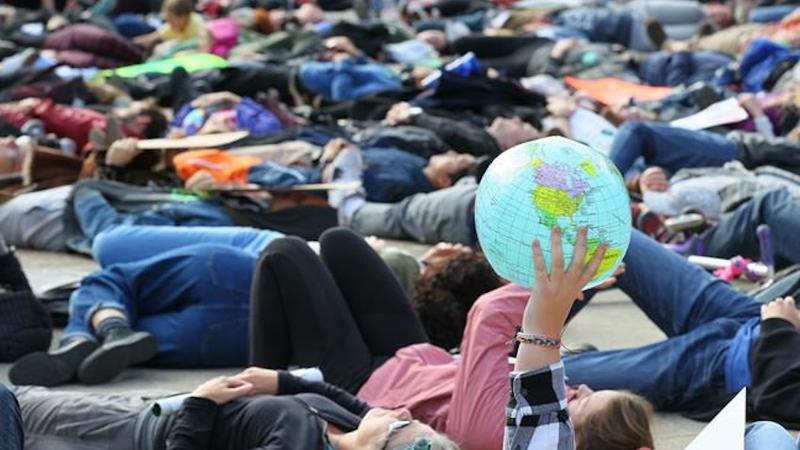
‘It is scary’: Sask. environmentalists respond to EU climate report
Another report on the effects of climate change was released this week and people across the world, including Saskatchewan, are growing more concerned.
The European Union’s Copernicus Climate Change Service released a report Monday showing that 2021 was the fifth warmest year on record.
The report also mentioned that the last seven years were the world’s warmest “by a clear margin”.
The report stated 2021 had temperatures that were, on average, 1.1 to 1.2 degrees warmer than in previous years.


